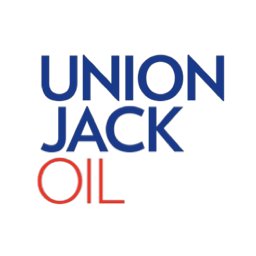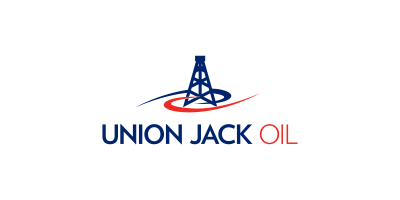A seismic shift in trade and energy policy has sparked renewed bullishness in oil markets. This week, a key US trade court delivered a ruling that invalidated broad tariffs imposed by former President Donald Trump, stating the administration exceeded its authority. This unexpected legal turn has prompted a reassessment of global trade dynamics, offering investors a temporary sigh of relief and driving oil prices higher. Brent crude prices rose notably, while US West Texas Intermediate followed suit, marking a sharp reversal from recent stagnation. The decision has carved out room for optimism in supply-sensitive sectors, although many industry-specific levies remain intact, with the White House already signalling plans to challenge the verdict.
Meanwhile, the energy sector faces its own jolt. The US government has revoked Chevron’s license to export crude oil from Venezuela, dismantling a critical supply route that had helped stabilise the South American nation’s production recovery. Chevron has since terminated its local procurement, production, and service contracts, although it will maintain its personnel and assets under a newly limited authorisation. This development removes a significant volume of crude from international markets, potentially slashing Venezuelan exports by up to 30% by next year. The country had recently reached a symbolic production benchmark of one million barrels per day—a milestone now in jeopardy.
The timing of these disruptions could hardly be more impactful. With global demand forecast to outpace supply by up to 700,000 barrels per day throughout the summer, market fundamentals are rapidly shifting in favour of higher prices. Further compounding the situation are wildfires in Alberta, Canada, which have caused temporary shutdowns of key oil and gas operations. Simultaneously, anticipation is building around the next OPEC+ meeting, where a production increase of over 400,000 barrels per day is under consideration.
These overlapping developments create a complex backdrop for investors. A potentially constrained supply chain, ongoing geopolitical volatility, and legal uncertainties are converging at a time when energy demand is showing renewed strength. The interplay between national policy decisions and corporate manoeuvring is redefining the risk-reward equation for the oil sector.
Chevron’s exit from Venezuela, while disruptive in the short term, is also a strategic recalibration. It reflects growing US pressure on Nicolás Maduro’s regime and a tighter regulatory stance towards companies operating in sanctioned regions. For Chevron, it means a narrowed focus and a cleaner operating environment, even as it cedes valuable production capacity in the near term.
The broader message to investors is clear: energy markets remain highly reactive to both political and legal catalysts. With the balance of supply and demand increasingly fragile, companies like Chevron are navigating a narrow path between regulatory compliance and global opportunity.
Union Jack Oil plc (LON:UJO) is an oil and gas company with a focus on onshore production, development, exploration and investment opportunities within the United Kingdom and the United States of America hydrocarbon sector.







































